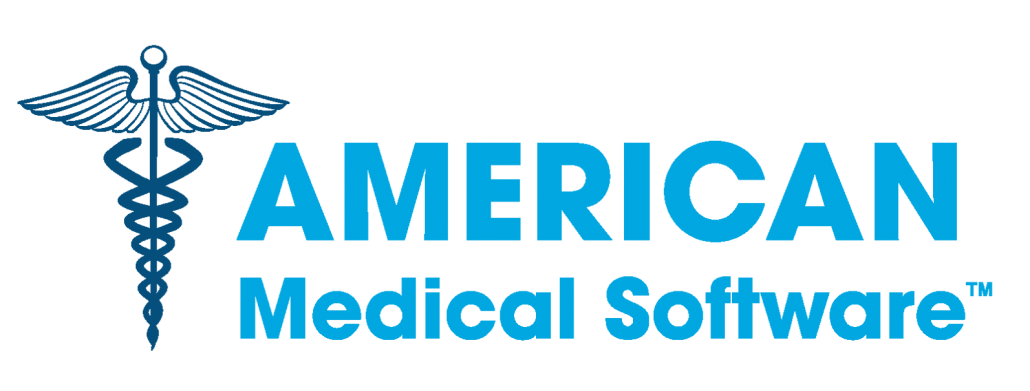How a Solo Physician Aced Stage 1 Meaningful Use
Mention “Stage 1” and most physicians will think you’re talking about the initial phases of a disease or a medical condition such as cancer. A few might think of a rocket launching into space.
But Stage 1 also refers to a portion of the so-called meaningful use requirements for electronic medical records, which providers must meet in order to qualify for financial incentives from the federal government.
That type of Stage 1 may be just as daunting as cancer or space flight to some older physicians who are tentative about the switch from paper files.
Patrick Golden, MD, a primary care physician and small practice owner in Fresno, CA, isn’t one of them. He’s unfazed when it comes to meaningful use. He has already steered his solo practice through Stage 1 approval, a journey he says has been occasionally frustrating, and sometimes funny, but ultimately worthwhile, with an EMR and a payday at the end.
“From the very beginning when I heard of the program, I knew we were going to do this. Absolutely there was no doubt,” said Golden, 55. “We sought the electronic health records for a variety of reasons, even before the stimulus money was available. I thought it would be neat to upgrade our billing software. We had an old DOS (computer) system.”
As of July 31, more than $397 million in Medicare and Medicaid incentive payments have been made to healthcare professionals who have demonstrated that they are making “meaningful use” of new technology.
The criteria are set over the course of the next five years. Stage 1 runs through 2011 and 2012, with financial incentives for records and data improvements such as e-prescribing.
Golden admits that when he began the meaningful use program in January 2010 it was a struggle. One nurse quit, probably over the program, and Golden and his wife spent months scanning documents, weekends, too. At the same time, he faced a Medicare audit, which he says was complicated by the switch from paper to EMR software.
More than one year later, Golden has gotten some money back, and he says he runs a more efficient medical office without paper records and with an EMR portal that allows instant access to patient records, labs, and most tests. His patients are more engaged in their care, he says, and “and that’s what healthcare reform is supposed to be about.”
Source: www.healthleadersmedia.com




Leave a Reply
Want to join the discussion?Feel free to contribute!